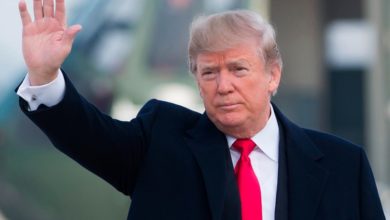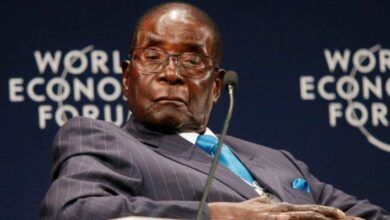World
Sudan: Former President Omar Al-Bashir Sentenced to Two Years In Detention

A Khartoum court on Saturday sentenced former president Omar al-Bashir to two years of detention after being found guilty of corruption, receiving illegal gifts and possessing foreign currency, reported Reuters.
This is the first ruling against the ex-leader who was ousted in April after security forces withdrew their support for his regime following months of mass protests.
The judge ordered the confiscation of millions of euros and Sudanese pounds found in Bashir’s residence when he was ousted. On account of Bashir’s age, the 75-year-old would be sent to a state-run reform center, rather than a prison. A Sudanese law prevents anyone over the age of 70 from serving jail time.
“The convict, Omar al-Bashir, is consigned to a social reform facility for a period of two years…The sums of foreign and national currency that were seized are confiscated,” judge Al-Sadiq Abdelrahman said.
Bashir will reportedly serve his sentence after a verdict is reached in another case in which he is accused of plotting the 1989 coup that brought him to power. He is also accused of ordering security forces to kill the protesters in the movement that led to his removal.
Once the second verdict is delivered, he will then serve the two-year correctional facility sentence given by the court on Saturday along with any additional sentences.
Bashir is also wanted by the International Criminal Court on charges of war crimes and genocide linked to the Darfur conflict in the 2000s.
Sudan’s military has said it would not extradite him to the ICC. It currently remains unclear if the country’s newly elected military-civilian transitional government will decide to hand him over to The Hague or not.
Sudan is ruled by an 11-member sovereign council comprised of civilian and military leaders. The ruling council will hold power for just over three years before elections.






